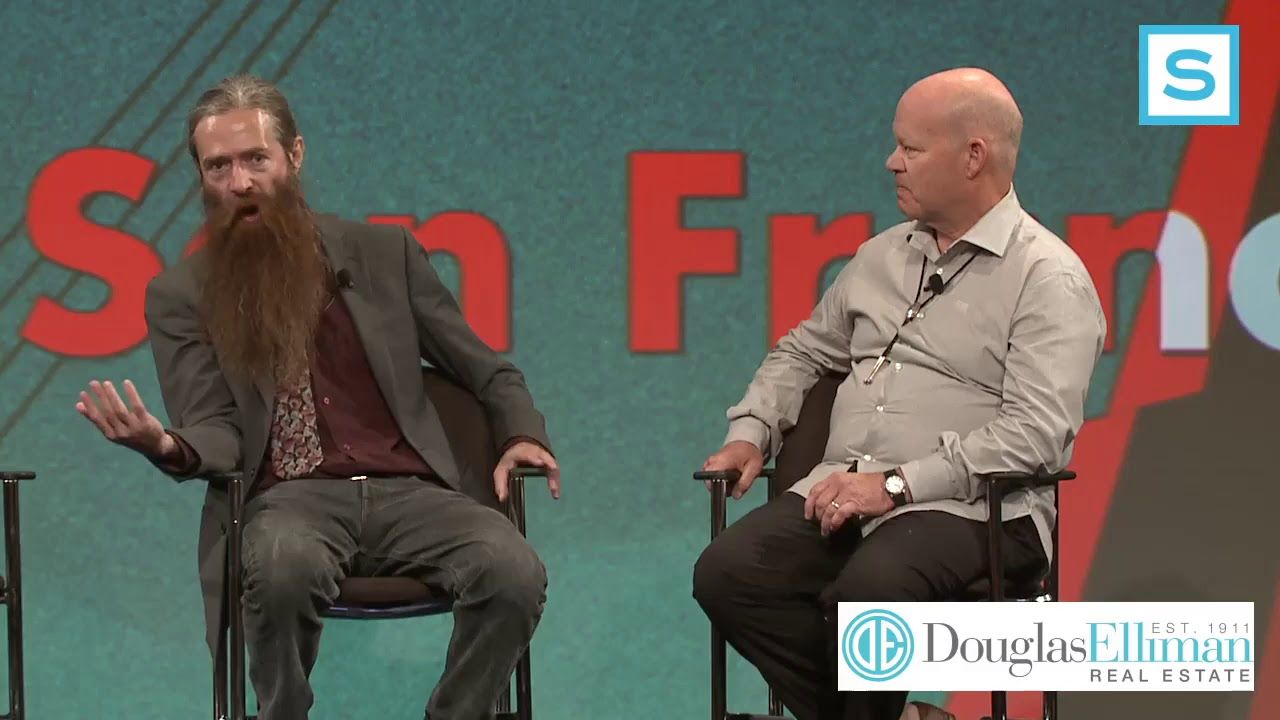The idea of “healthy ageing” is a contradiction in terms.
Suppose you read the following sentence in an article about company management: “This factor is central in achieving successful bankruptcy.” It sounds rather weird, doesn’t it? What if you read this about football team training? “Contrary to popular belief, it is possible to lose a game in a successful way.” These are so-called oxymorons—by Oxford’s definition, “figures of speech in which apparently contradictory terms appear in conjunction.”
The contradictory nature of the statements above is more than just apparent—bankruptcy is the exact opposite of “success” for a company, and the same goes for losing a game for a football team. One can get very creative with these: “a blockbuster fiasco”; “the façade of the building deteriorated nicely”; and so on. Examples closer to home would be “healthy aging” or “aging gracefully”.
Sometimes, semantics do matter
The examples above are, admittedly, cherry-picked extreme cases. You can definitely say that a building’s façade has aged nicely; the intended meaning is that, while the façade has indeed deteriorated with time, the decay could be much worse than it is, and the original looks of the building can still be somewhat appreciated. Notwithstanding that, if the façade of your house deteriorated, however graceful or disgraceful that was, you probably would—and should—consider renovating it before it started crumbling.
Read more







